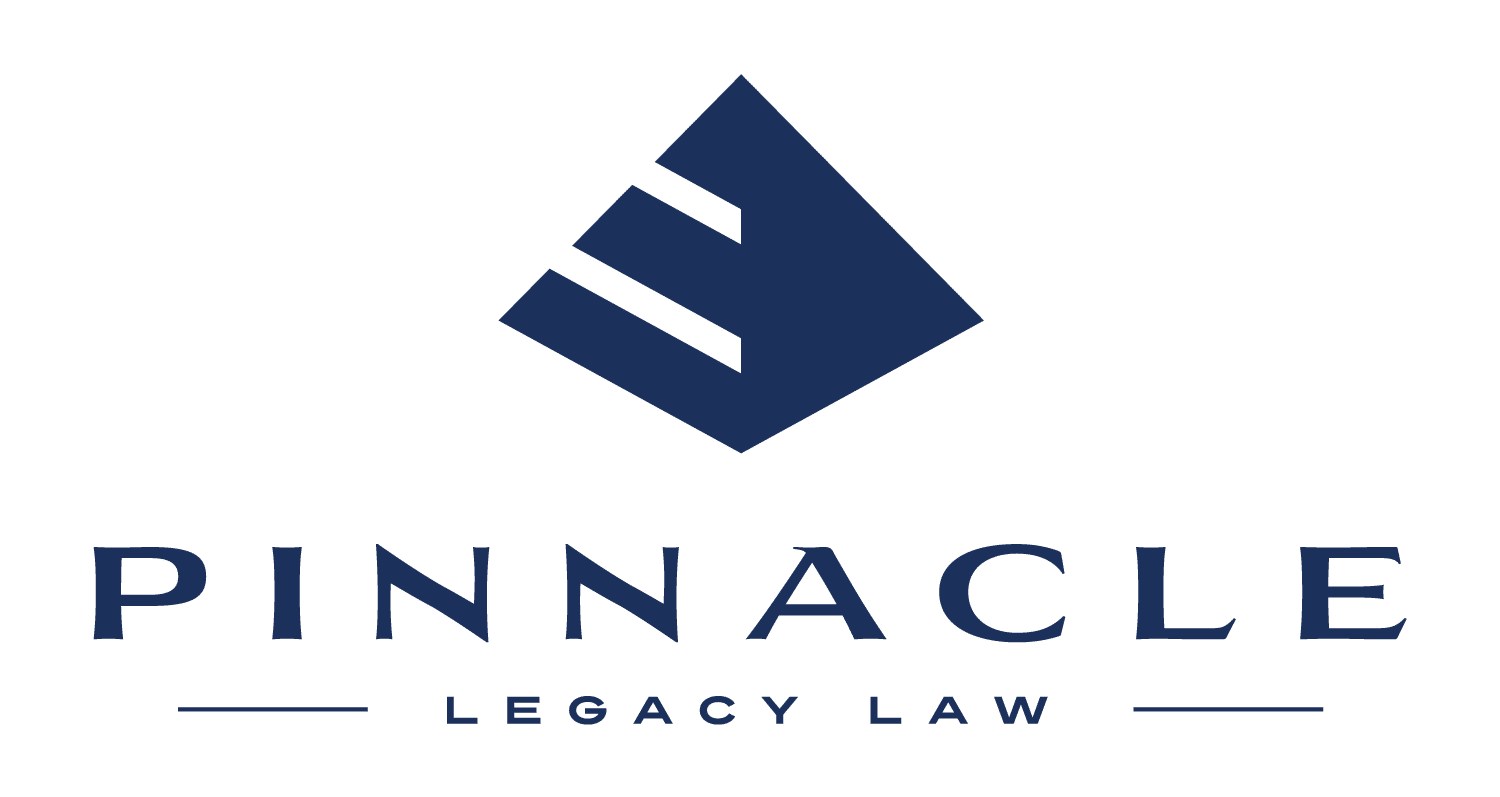Pinnacle Legacy Law
Limited Liability Companies
Powerful Protection
Limited Liability Companies (LLCs) are a type of business structure that offer many benefits. LLCs can be a great option for small businesses looking for personal liability protection and flexibility in management and taxes. However, it is important to consult with an attorney and accountant to determine if an LLC is the best choice for your specific business needs.
Here are some things they do and do not do:
They do limit personal liability: One of the primary benefits of an LLC is that it limits the personal liability of the owners. This means that the owners are not personally responsible for the debts or obligations of the business.
They allow for flexible management: LLCs allow for flexible management structures, meaning that owners can choose to manage the business themselves or hire managers to run it.
They provide tax flexibility: LLCs are taxed as pass-through entities, which means that the profits and losses of the business are passed through to the owners’ personal tax returns. However, LLCs also have the option to be taxed as a corporation.
They allow for multiple owners: LLCs can have multiple owners, called members, which allows for shared ownership and shared decision-making.
They offer ease of formation: Forming an LLC is relatively easy and can usually be done with minimal paperwork.
They don’t provide perpetual existence: Unlike corporations, LLCs do not have perpetual existence. The lifespan of an LLC is determined by the operating agreement and can be dissolved if a member leaves or dies.
They don’t provide unlimited liability protection: While an LLC provides personal liability protection for most business debts, there are certain liabilities that are not protected, such as personal guarantees or intentional acts of wrongdoing.
They don’t require formalities: LLCs are not required to hold annual meetings or maintain formal records, although it is recommended for good corporate governance.
They don’t protect against personal liability for wrongful acts: LLCs do not protect owners from personal liability for wrongful acts they commit, such as fraud or intentional harm.
Limited Liability Companies (LLCs) offer several benefits to businesses, including:
Personal liability protection: One of the primary benefits of an LLC is that it provides personal liability protection to the owners, known as members. This means that members are not personally responsible for the debts or obligations of the business.
Pass-through taxation: LLCs are taxed as pass-through entities, which means that the profits and losses of the business are passed through to the owners’ personal tax returns. This can be advantageous for small businesses because it avoids double taxation on business income.
Flexible management structure: LLCs allow for a flexible management structure, meaning that owners can choose to manage the business themselves or hire managers to run it.
Fewer formalities: LLCs are not required to hold annual meetings or maintain formal records, making them less burdensome to operate compared to corporations.
Multiple owners: LLCs can have multiple owners, called members, which allows for shared ownership and shared decision-making.
Ability to raise capital: LLCs can issue ownership interests to investors, allowing them to raise capital without giving up control of the business.
Credibility: Forming an LLC can lend credibility to a business by signaling to potential clients or customers that it is a legitimate entity.
If you are considering forming a Limited Liability Company (LLC) for your business, here are some important things to know:
Personal liability protection: As mentioned, one of the main benefits of an LLC is that it provides personal liability protection for its owners, known as members. However, it is important to note that this protection is not absolute and there are certain situations where personal liability can still be imposed, such as if a member personally guarantees a business loan.
Formation requirements: Forming an LLC requires filing articles of organization with the state in which the business is located. Some states may also require additional documents, such as an operating agreement or annual reports.
Taxation: LLCs are taxed as pass-through entities by default, meaning that the business’s profits and losses are passed through to the owners’ personal tax returns. However, LLCs can also choose to be taxed as a corporation if it is more beneficial.
Management structure: LLCs allow for flexible management structures, meaning that owners can choose to manage the business themselves or hire managers to run it.
Multiple owners: LLCs can have multiple owners, called members, which allows for shared ownership and shared decision-making. It is important to have a clear operating agreement in place to outline how decisions will be made and how profits will be distributed.
Dissolution: LLCs do not have perpetual existence and will dissolve if a member leaves or dies. It is important to have a plan in place for how the business will be managed in the event of a member’s departure.
State-specific laws: LLC laws vary by state, so it is important to understand the specific requirements and regulations in the state where the business is located.
Liability insurance: While an LLC provides personal liability protection for most business debts, it is still a good idea to have liability insurance in place to protect against unexpected situations.
Start protecting your legacy.
Click the link below and schedule a call with a member of our team. We will explain our unique process for working with farmers, ranchers and their families. The call is FREE!
